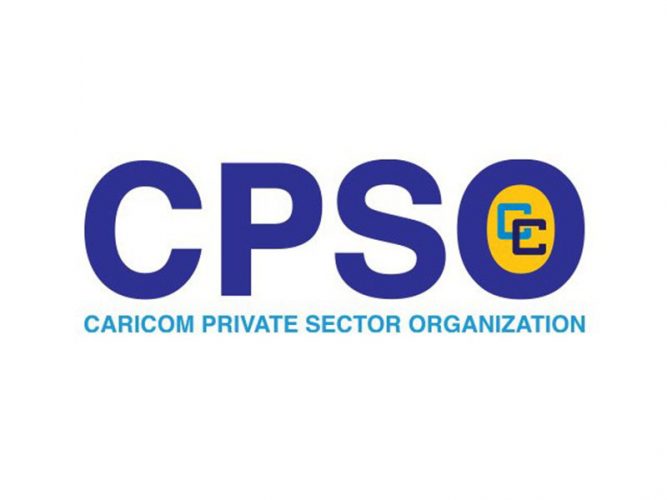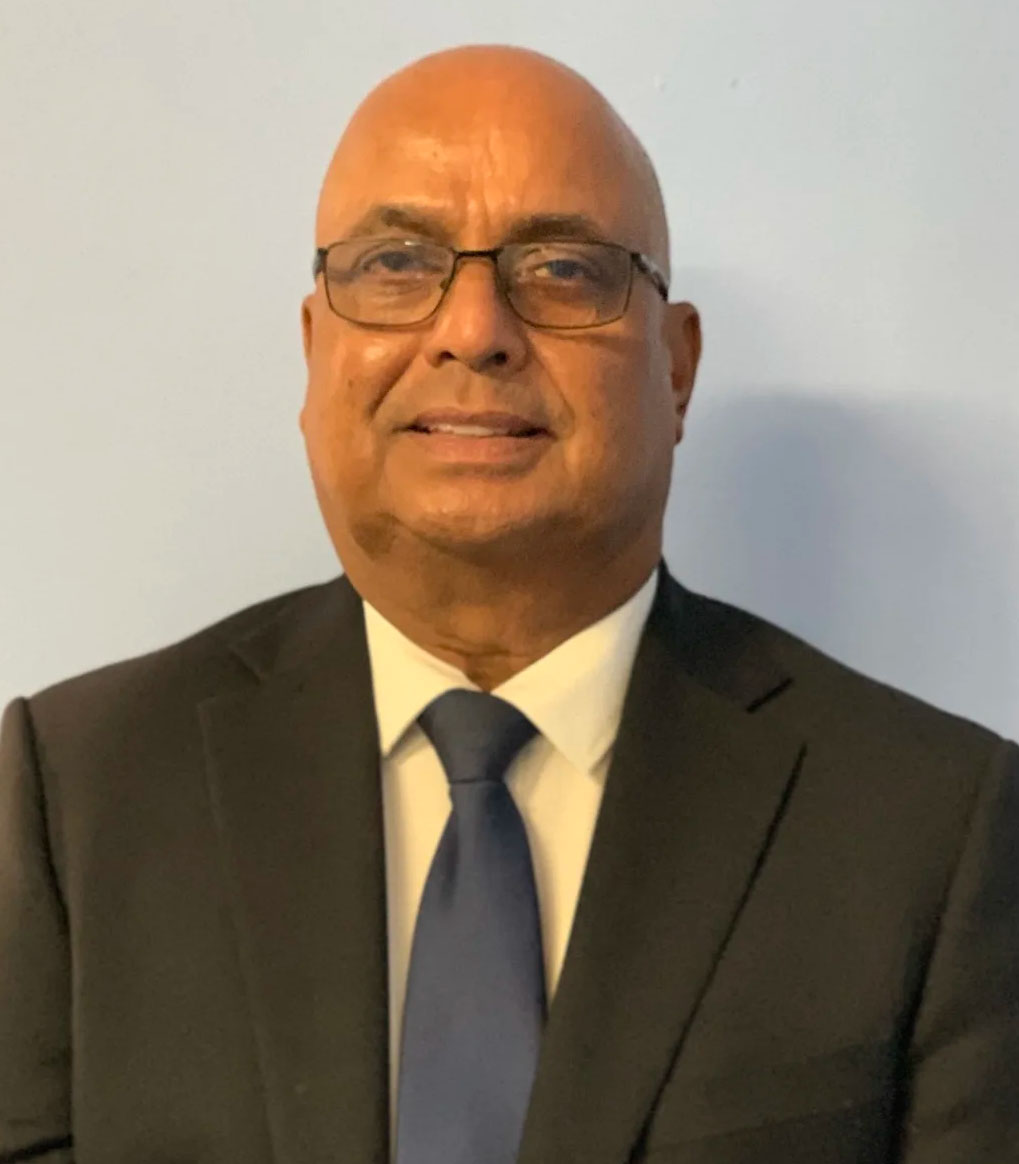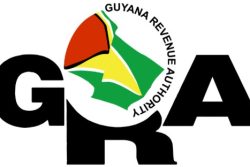CPSO, the regional business body which has raised reservations about the local content law here has never reached out to Guyana’s Private Sector Commission (PSC) or affiliate bodies here and the business community here is questioning its ties with CARICOM
“They have never visited Guyana to meet with the Private Sector Commission or approached for local representation. As a founding and active member of the PSC, I can tell you there were no consultations in Guyana. I mean anybody can make statements but when you have a name like Caribbean Private Sector Organisation (CPSO) and you put your accreditation with CARICOM it is another issue and I am concerned“, founding member of the PSC Manniram Prashad told Stabroek News.

Persaud said that he finds it illogical that a body would be given accreditation from CARICOM without countries in the region first having national consultations, as he pointed to the fact that neither Guyana’s nor Jamaica’s apex private sector bodies have representative members.
It is to this end that he informed that his organization, the Guyana Oil and Gas Energy Chamber plans to write CARICOM to set up a meeting with the business community’s representatives here to register their concerns and discuss ways the matter can be resolved.
“We should not jump and say that we should boycott CARICOM or this or that. I am not advocating for anyone to leave CARICOM. It is too much of a good organisation to this region. We are not against a CPSO but we have to be aware of what process was used to derive at that. It must be done in a proper way,” Prashad, who was once Minister of Commerce for this country said.
Former Chairman and President of the PSC, Nicholas Boyer said that he too has concerns about how CPSO and its affiliation with CARICOM came into being.
Baffling
He said that no interest was particularly paid to the group until its most recent statements on Guyana’s local content law and it was most baffling since the group has never asked the PSC for any meeting or discussion on business here or in the region.
“We were never consulted in the process of selection for the CPSO. They were created by CARICOM and we don’t know how,” Boyer said.
Reactions on the formation of the CPSO came last week after a leaked email from the organisation revealed that it was of the view that the recently passed Local Content Act might in parts violate the CARICOM-founding Treaty of Chaguaramas and it would therefore approach the government here and CARICOM on the matter. The email was distributed by CPSO Chairman, Gervase Warner who also happens to be the President and CEO of the Trinidad-based Massy Group.
Persons the email was sent to include John Williams of Barbados’ Cave Shepherd, Paul Scott of the Musson Group of Jamaica, William Mahfood of Jamaica’s WisynCo Group, Christian Mouttet of Prestige Holdings of Trinidad and Tobago, Andrew Sabga of Trinidad and Tobago’s ANSA McAl, Anthony Ali of Goddard Enterprises Limited of Barbados, Warsha Torial of Rudisa, Brian Jardim of Rainforest Seafoods, Gordon Charles of the JQ Charles Group, Karen Polack of Face commodity, Trisha Tannis of Unicomer Barbados, Thackray Driver of TT’s Energy Chamber and Suresh Beharry of the Beharry Group of Companies, among others.
On January 13, the PSC blasted the CPSO, “The PSC questions the legitimacy of the CPSO which constituency consist of some Pan Caribbean companies (and notes) that the organisation does not represent the interest of the local private sector”, a statement from the PSC had said. The PSC said that it notes that the purpose of Local Content straddles countries, regions and continents and forms an integral part of the Petroleum Sector. “The PSC wishes to note, in fact, that Trinidad and Tobago has had in place for more than 50 years, a regime of local content “predicated on maximising citizens’ ownership, control and financing of all activities along the energy resources sector” thus giving preference to Trinidadians.
“The Commission is satisfied that the policies expressed in Guyana’s Local Content Act are not dissimilar to those of Trinidad and Tobago’s and do not violate the revised Treaty of Chaguaramas.We therefore stand by and fully endorse the aims and objectives of the Act which are designed to ensure that Guyanese companies and nationals benefit from the Oil and Gas sector. The PSC welcomes foreign investors and urges respect for the country’s laws and sovereign space”, the private sector statement said.
Hours earlier, the CPSO issued its own statement aimed at damage control while maintaining that it would be approaching the government here and CARICOM on the local content act. It also emphasised that the concerns raised reflect the views of the CPSO and not that of any specific member company. That statement appeared aimed at the fact that Massy has major holdings in Guyana and there had been criticisms levelled at it in the aftermath of the leaking of Warner’s email. In the statement, the CPSO said its attention has been drawn to numerous exchanges in the Guyana media on routine internal communication emanating from the CPSO Chairman after the CPSO Executive Committee Meeting of January 11th, 2022.
“Unfortunately, that communication appeared to have been leaked without the benefit of any explanation of context and intent. As is sometimes the case when such leaks occur, there has been much misinterpretation and misrepresentation”, the organisation said.
It added that CPSO Director Suresh Beharry of the Beharry Group of Companies was requested to facilitate a meeting between the CPSO and the Office of the President of Guyana to discuss the sensitive issue. This revelation which was contained in the leaked email led to its own fallout after a statement was issued on Beharry’s behalf emphasizing his support for the Local Content Law.
Boyer yesterday said that Beharry is a “very capable” businessman and can be part of any business group he desires as he has businesses across the region.
However, Boyer was quick to point out that Beharry wasn’t nominated to the CPSO by the PSC here nor does he speak for the organisation at the CPSO level.
“You cannot say you represent the Caribbean and yet not have a representative from the PSC of Guyana or the PSOJ (Private Sector Organisation of Jamaica). Not having those two alone are clear examples that there wasn’t [national] consultations,” he said.
Veteran Guyana Manufacturing and Services Association executive Clinton Williams said he found it “appalling” for an organisation that never formally visited Guyana to criticise this country’s local content policies and law.
“Here you have a group that was never featured in anything we did in the past. I don’t know where they appeared from. It is very disturbing to be quite frank with you…,” an angry Williams said.
Appalling is also how longtime PSC executive and founding member Gerry Gouveia sees the threat of the complaint by CPSO. “I am appalled that a not democratically established body could object,” Gouveia told this newspaper.
They certainly do not represent the private sector in Guyana. It is an insult to democracy and the formal private sector in the region,” he added.







